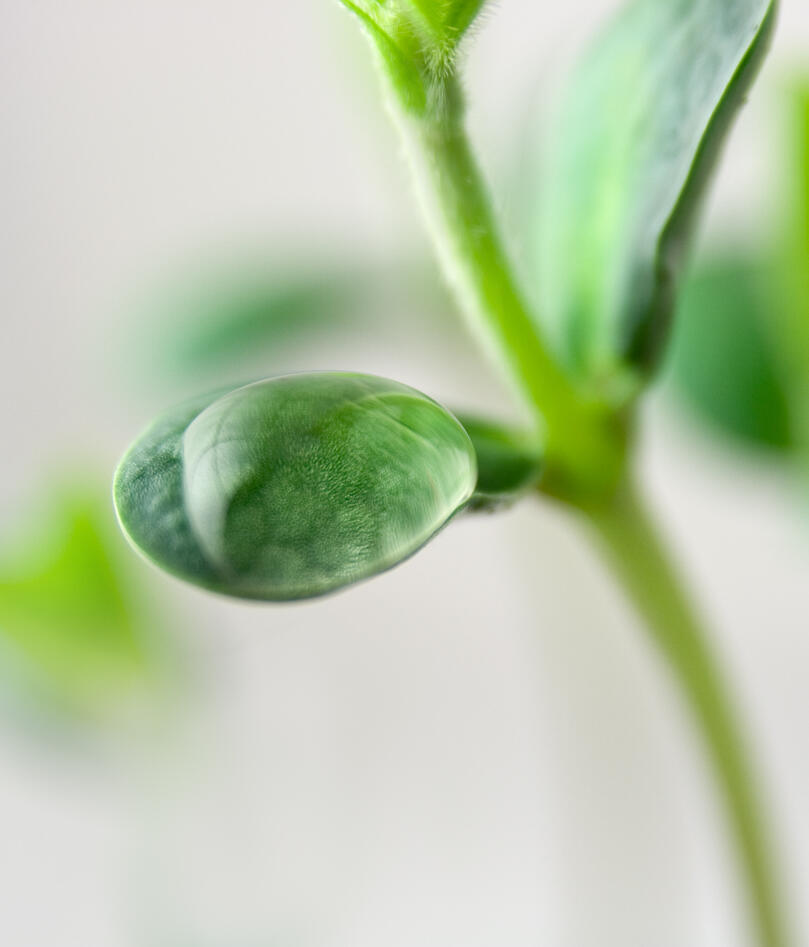Emollient therapy for very low birthweight infants (<1500g) in Uganda: effects on survival, infection, growth and development
The primary aim of this research project is to answer one of WHO priority questions: “What is the effect of emollients on mortality, sepsis, growth, thermo-protection, microbiome, and longer-term neurodevelopment of preterm or LBW infants in high-income, middle-income, and low-income countries, especially in Africa?”
Main content
Every year, 15 million babies are born "too soon," or preterm, and more than 70% of them are born in places like sub-Saharan Africa and South Asia. These tiny tots face a big problem – being born too early is a major cause of death for children under 5 years old all around the world.
Some of these ʻpreemiesʼ are even smaller, weighing less than 1500 grams, which makes them very vulnerable. They have delicate skin that loses water and heat easily, and they're more likely to become infected and sick. That's why we're turning to a simple yet promising solution – applying sunflower seed oil (SSO) to their skin.
Earlier studies in South Asia show that applying this oil on the skin of these tiny babies might help them avoid infections, grow better, develop normally, and even survive. The World Health Organization (WHO) wants to know more and have asked: "What happens when we use emollients, like SSO, on these preterm or low birthweight (LBW) babies in different countries, especially in Africa?"
We're going to conduct a study in eastern Uganda. We will compare the outcome with and without SSO and see if this can lower the number of babies who pass away in the hospital by 25% in the first 28 days after birth by using the oil.
We'll randomise 1206 infants weighing less than 1500 grams into two groups. One group will get the SSO treatment three times a day for the first 28 days, and the other will receive regular care. We'll keep a close eye on them to see how they do. We want to know if the SSO can lower the chances of serious infections, help them grow, and most importantly, help them make it to their first birthday.
